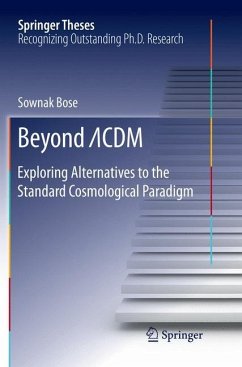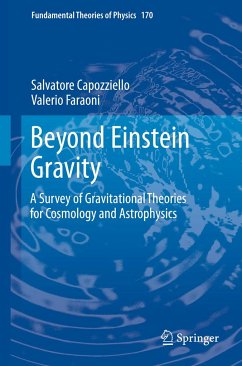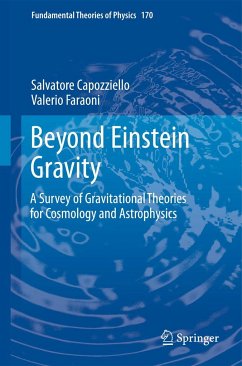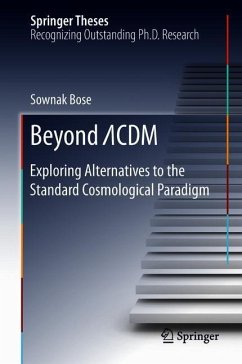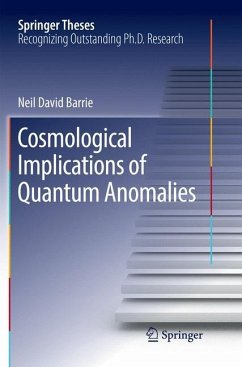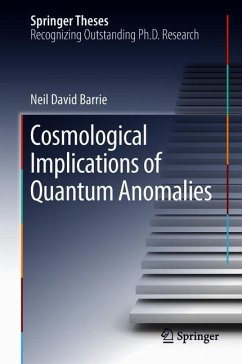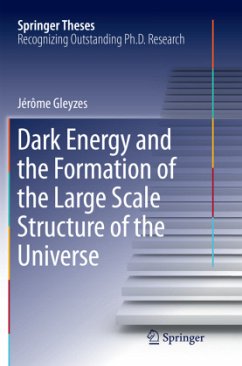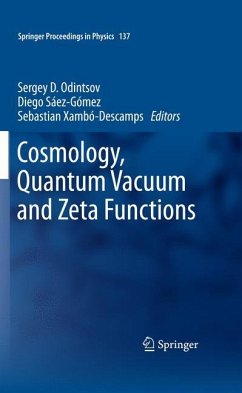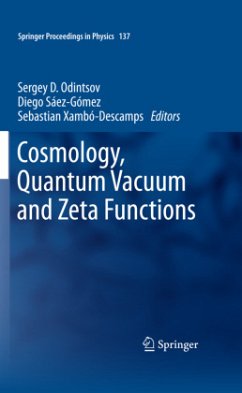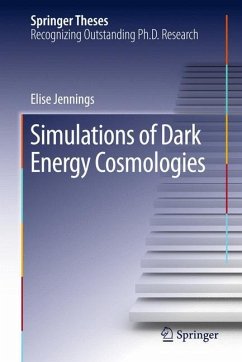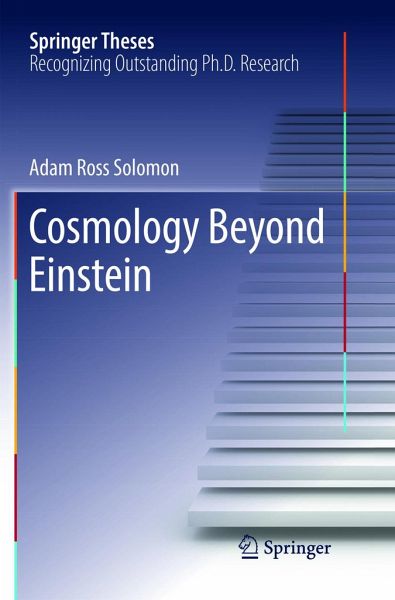
Cosmology Beyond Einstein
Versandkostenfrei!
Versandfertig in 6-10 Tagen
76,99 €
inkl. MwSt.

PAYBACK Punkte
38 °P sammeln!
This work investigates the theoretical and cosmological implications of modifying Einstein's theory of general relativity. It explores two classes of modifications to gravity: those in which the graviton is given a small mass, and those in which Lorentz invariance is spontaneously broken. It elucidates the nature of cosmological perturbations in theories of massive bimetric gravity, including a potentially deadly instability. Theories of gravity beyond general relativity could explain why the expansion of the Universe is accelerating, obviating the need for a dark energy, and can also affect t...
This work investigates the theoretical and cosmological implications of modifying Einstein's theory of general relativity. It explores two classes of modifications to gravity: those in which the graviton is given a small mass, and those in which Lorentz invariance is spontaneously broken. It elucidates the nature of cosmological perturbations in theories of massive bimetric gravity, including a potentially deadly instability. Theories of gravity beyond general relativity could explain why the expansion of the Universe is accelerating, obviating the need for a dark energy, and can also affect the evolution of the early Universe. Next, it investigates the nature of spacetime in massive gravity theories that contain two different spacetime metrics. Lastly, the strongest constraints to date are placed on the size of Lorentz-violating effects in the gravity sector during inflation.



